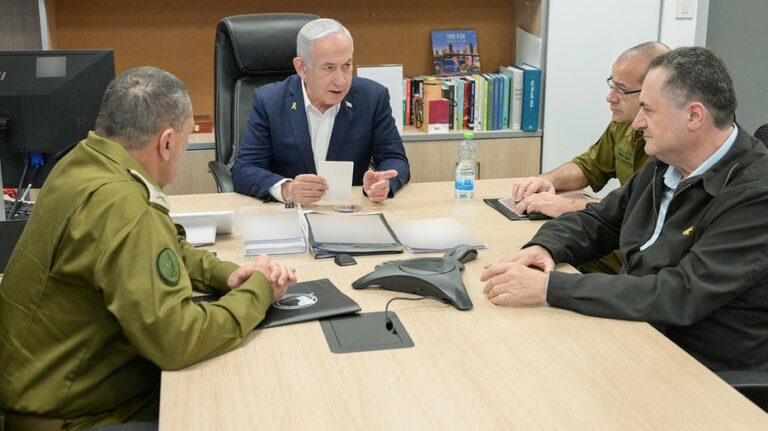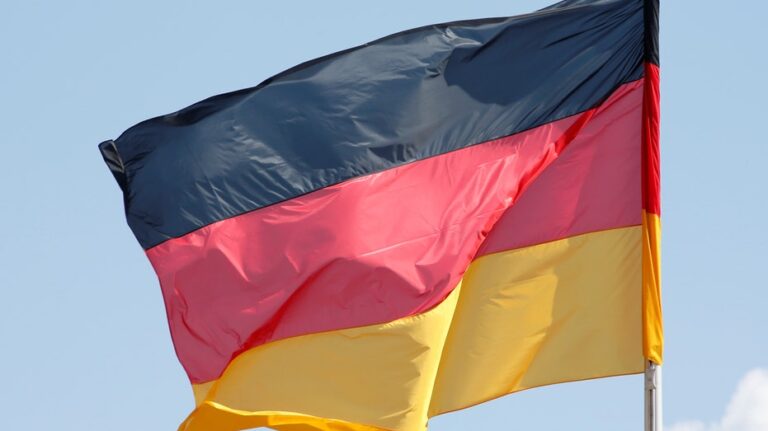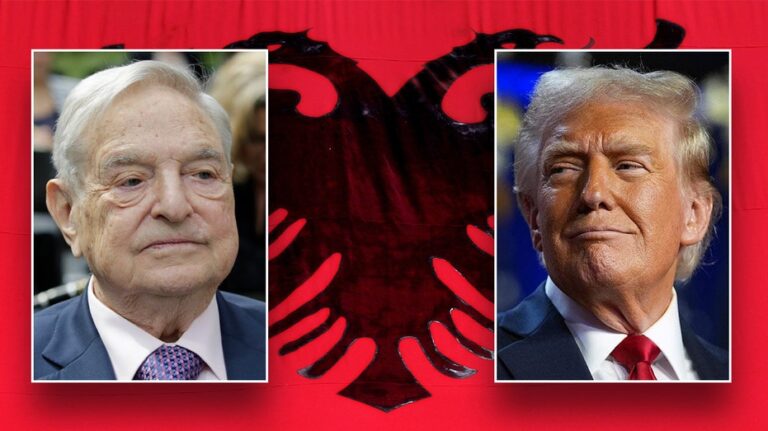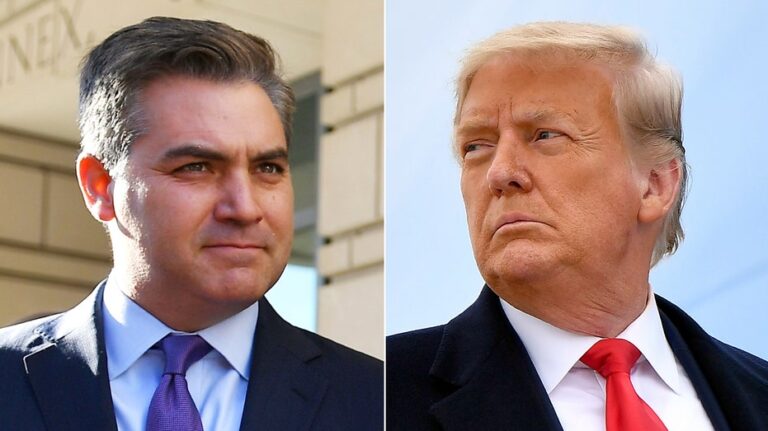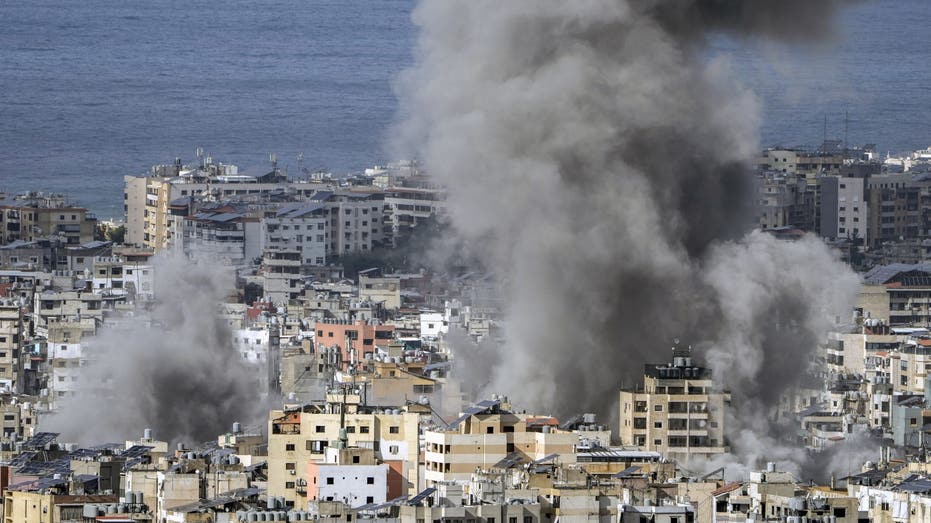
The Israeli Security Cabinet will convene Tuesday to discuss a possible cease-fire agreement with Hezbollah terrorists in Lebanon, Ambassador Danny Danon said.
Israel is “moving forward” on a possible cease-fire deal with Hezbollah terrorists in Lebanon, one Israeli official said Monday.
The Israeli prime minister’s office told Fox News on Monday that they have no update on the cease-fire talks for now. Israeli media is also reporting that the Israeli Security Cabinet will convene on Tuesday to discuss the matter.
“We have not finalized it, but we are moving forward,” Israeli Ambassador to the United Nations Danny Danon told reporters outside the U.N. Security Council.
A senior U.S. official told Axios on Monday that Israel and Lebanon reached a cease-fire deal, but neither party has formally announced any finalized agreement.
The Israeli Security Cabinet is expected to vote on the agreement Tuesday, the U.S. official told Axios.
“We have clearly made significant progress, however, we’re not there yet,” a spokesperson for the White House National Security Council told Fox News when asked about the Axios report. “We continue to work to reach a diplomatic resolution to allow civilians on both sides of the Blue Line to be able to safely return to their homes.”
HEZBOLLAH FIRES BARRAGE OF ROCKETS INTO ISRAEL AFTER IDF TARGETS HEZBOLLAH COMMAND CENTERS IN BEIRUT
Meanwhile, the Pentagon’s top Middle East policy official, Dan Shapiro, traveled to Israel and met with Israeli Defense Minister Israel Katz in Tel Aviv on Monday, according to Axios and the Times of Israel.
Israel’s military has killed nearly all of Hezbollah’s top leaders, but the terrorist group continues to fire missiles into Israel. Tens of thousands of Israelis who were evacuated from the border months ago are pressuring their government in order to go home.
“Israel went to war in the north with the goal of bringing its residents back, while Hezbollah’s goal was to force Israel into a cease-fire in Gaza,” Amit Segal, the chief political analyst for Israel Ch. 12, told Fox News Digital. “If Israel succeeded and Hezbollah failed, it means that Israel won the battle. I anticipate that Netanyahu will present the agreement to his voters as a temporary cease-fire for the purposes of rearming, regrouping, and waiting for a Trump administration.”
Following the latest visit to the region by a U.S. mediator, Israel hit central Beirut over the weekend, and Hezbollah responded with its biggest barrage in weeks as each applied pressure to reach a deal.
The recent meeting between Israeli Prime Minister Benjamin Netanyahu and U.S. envoy Amos Hochstein was reportedly complicated by news that the International Criminal Court (ICC) decided to issue arrest warrants for Netanyahu and his former defense minister, Yoav Gallant. Lebanon had wanted France to mediate the agreement, but negotiations soured when the French Foreign Ministry announced it would comply with the ICC ruling.
President Biden spoke to French President Emmanuel Macron, warning him against trying to mediate a deal while simultaneously pledging to arrest the head of state of one of the involved parties, a U.S. official told Axios.
Israel and Hezbollah have exchanged fire almost daily since the day after Hamas terrorists attacked Israel on Oct. 7, 2023, setting off the war in Gaza.
Israel launched a widespread bombardment of Lebanon two months ago, then a ground invasion. More than 3,500 people in Lebanon have been killed, according to The Associated Press.
The proposal under discussion to end the fighting between Israel and Hezbollah calls for an initial two-month cease-fire during which Israeli forces would withdraw from Lebanon and Hezbollah would end its armed presence along the southern border south of the Litani River.
The withdrawals would be accompanied by an influx of thousands more Lebanese army troops, which have been largely sidelined in the war, to patrol the border area along with an existing U.N. peacekeeping force.
An international committee would be set up to monitor implementation of the cease-fire agreement and of U.N. Security Council resolution 1701, which was passed in 2006 to end a month-long war between Israel and Hezbollah but never fully implemented. Hezbollah never ended its presence in southern Lebanon, while Lebanon said Israel regularly violated its airspace and occupied small patches of its territory.
It is not clear whether a new deal would be any more successful than the one in 2006.
Michael Herzog, Israel’s ambassador to Washington, told Israeli Army Radio on Monday that the deal aimed to improve surveillance and enforcement of the previous resolution. While he said there were still certain points that needed to be finalized, a deal was close and could be secured “within days.”
A U.S. official told the AP that negotiations continued to progress on Sunday, but the parties still needed to work out some outstanding issues to close the deal.
The official, who insisted on anonymity to discuss the private talks, declined to detail the outstanding issues.
Fox News’ Pat Ward and the Associated Press contributed to this report.
